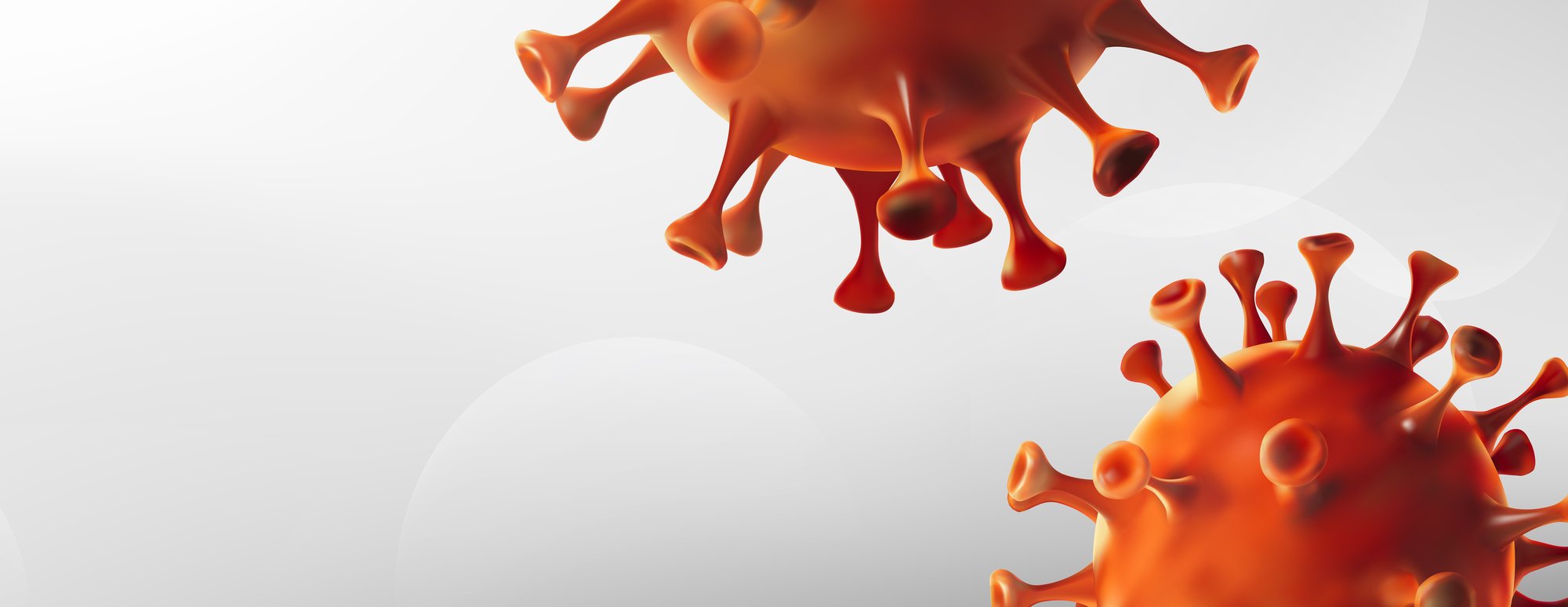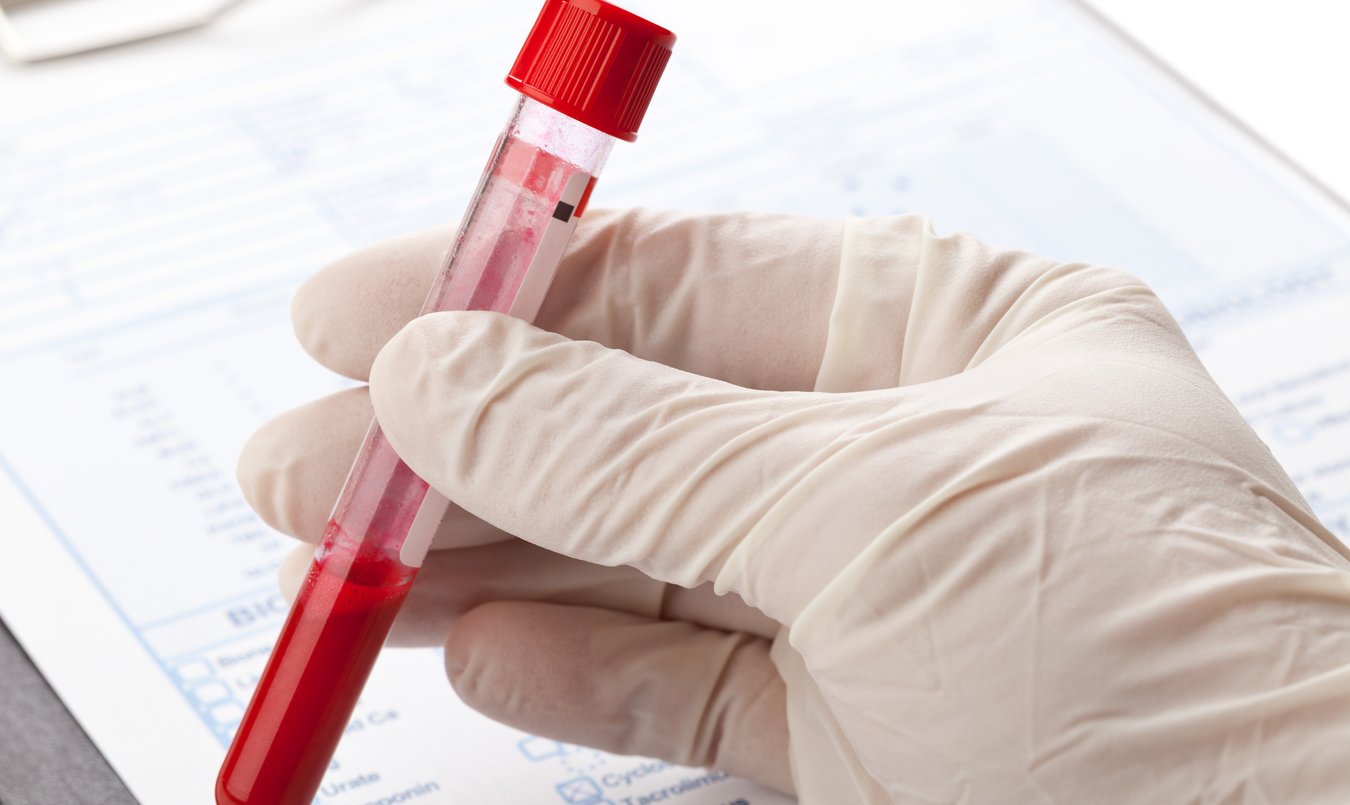In general, the isolation of clinical-grade antiviral T cells is restricted to antigens for which moderate or high T-cell frequencies are present in the peripheral blood of potential T-cell donors. Unfortunately, for patients receiving an allogeneic Cord Blood (CB) transplant, a solid organ transplant, or a transplant from a virus-seronegative donor, the graft donor is not eligible as T-cell donor.
The third-Party T-cell registry - alloCELL -, was established in 2013 at Hannover Medical School to serv unmeet need in combating infections and tumors.
The registry records comprehensive profiling for each donor's HLA type (class I and II) and of specific, individual memory T-cell repertoire in response to antigens of CMV, EBV, HHV6, ADV, BKV, and is now extended to JC virus, SARS-CoV-2, aspergillus as well as to melanoma (Melan-1/Mart-1) and tumor antigens (WT-1).
HLA-typed allogeneic T-cell donors are characterized first for specific T cells by ELISpot. They then undergo a detailed phenotypic and functional analysis cytokine secretion assay (USA). More than 4000 blood and platelet donors of the Institute of Transfusion Medicine and Transplant Engineering gave consent to be included in the registry.
Search results for the best-HLA matched donors with known antiviral T-cell frequencies are usually provided within 2 working days. The growing number of donors will ensure the rapid availability of clinical grade antigen-specific T-cell products for virus-associated diseases in patients without an adequate T-cell donor.

